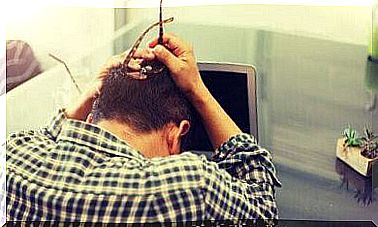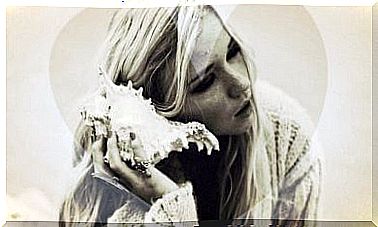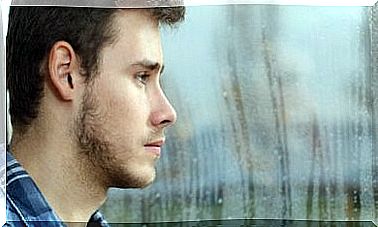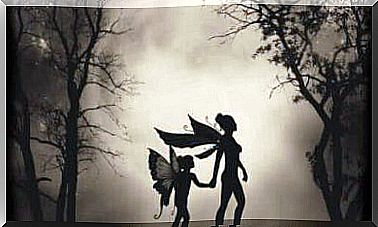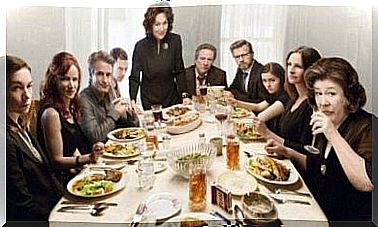Cowardice Fuels Sadness
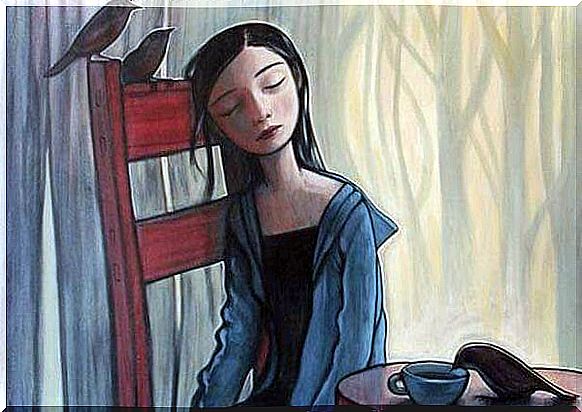
Sadness seems to be one of the most distinctive signs of our time. It is as if depression has turned into a massive affectation within the contemporary world. A fact underlined by the World Health Organization which, in its numerous reports, underlines the increase in the number of diagnoses, to such an extent that some speak of a real pandemic.
Under this label of “depression”, we find almost all forms of sadness or discomfort. But not only: it is also a condition which has become perfectly tolerable and which is even omnipresent in everyday life. It has become customary to hear that someone has “a bit of depression” and to hear “today I am not going out, I am feeling a little depressed”. What was considered a psychiatric entity a few decades ago has turned into something everyday that merges with sadness.
“Cowards die many times before they die; The brave never tastes death more than once. ”
-William Shakespeare-
Little by little, we have made sure to prioritize distractions, hobbies and passions in order to support an existence that does not appear to us in any way pleasant or worth living. We have become completely disconnected from our nature, and when we feel it, when the big questions arise in our minds, that nature ends up overwhelming us.
Chronic sadness and mental health
Much suspicion hangs over the interests which, in part, may be hidden behind this epidemic of depression. A new scientific discourse has emerged which places enormous value on the organic and genetic factors that play a role in the sadness experienced, so that people end up not being responsible for all this suffering that is affecting them. So just take “x” drug, and that’s it. Pharmaceutical companies have been the lucky beneficiaries of this “epidemic”.
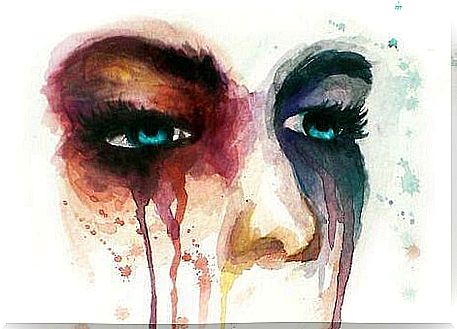
In Antiquity, this disorder of the mind which made people passive, full of sadness or prisoners of a lack of desire to live was attributed to an imbalance in the “moods” of the body.
In the Middle Ages, on the other hand, this chronic sadness was called acedia and was one of the deadly sins, before being finally integrated into that of laziness. The great poet Dante believed that people affected by permanent sadness, who did nothing to overcome it, should find themselves in purgatory and lament all this lost time.
In the 19th century, the psychiatrist Joseph Guislain defined this permanent state of sadness as a “pain to exist”. A little later, Séglas will indicate that it is about a “moral hypochondria”.
During the twentieth century, psychiatry created the concept of “depression” proper and defined it as a disorder characterized by discouragement, a recurring feeling of guilt, anxiety, apathy towards the world, a decrease in self-esteem and a permanent state of self-blame or self-blame that reverberates significantly in the lifestyle.
Lacan is the one who ultimately defines this chronic sadness as an effect of moral cowardice. This is not an accusation but a point of view that claims an important fact: there is something everyone should know about their sadness. There are ways to approach it, to understand it, and each human being must build this knowledge.
Sadness and cowardice
All those who suffer from chronic sadness feel a strong sense of inauthenticity. For them, life takes place on a stage that does not belong to them. A feeling of exile from everything that is happening in the world is also in order. As if the planet was spinning but without them, who would follow it from afar. The present becomes distant, the future is only an omen of new suffering and the past is an inventory of failures, to which we can only come back again and again.
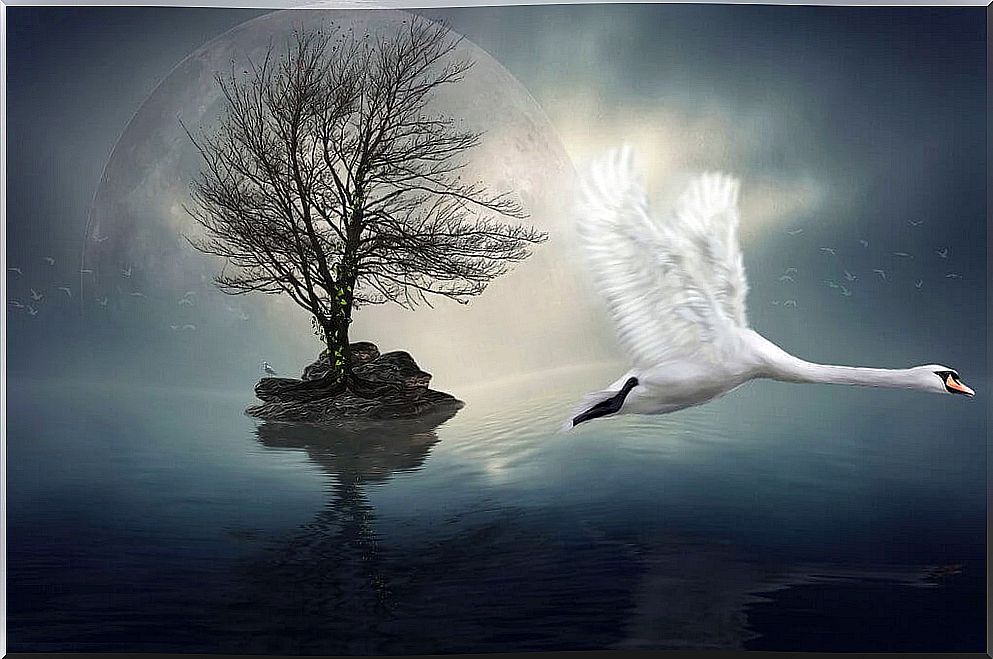
People suffering from depression ask themselves: “What is the meaning of life?” And this question is often accompanied by this statement: “It would have been better not to be born”. This question and this assertion are two traps in themselves.
Of course, life does not have a fixed meaning. Everyone creates one in their own way. No book, no manual, no law says: this is the meaning of life. And this assertion which establishes that it would have been better not to be born harbors a big lie. Because in the end, we were born and we are here. It’s a fact.
Both the question and the statement release the person from all responsibility. “If life definitely doesn’t make sense, then I’m not interested in it,” this is what these people seem to be saying. Or “If I didn’t ask to be born, then I’m not being asked to do something good with my life”.
They are thus transformed into “objects” of sadness and not into subjects. This is where their moral cowardice lies. It even happens that, for some people, the fact of being sad becomes a reason for pride: sadness indeed becomes the proof of their “special” condition and allows them to construct a whole discourse which places them as eternal victims.
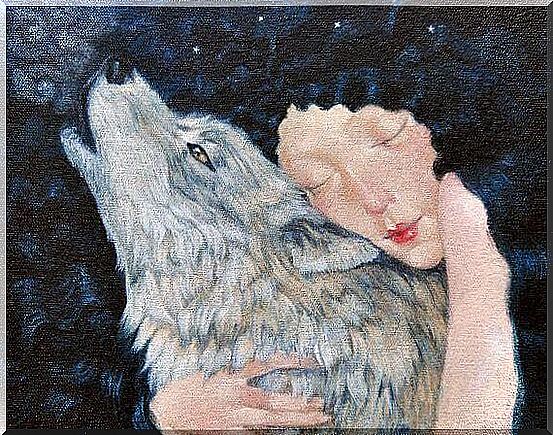
It is certain that we did not all come into the world with the same cards. We are not wanted children, we are poor, we are mistreated or abused when we are unable to respond. Thousands of situations can cause suffering. These painful episodes may give life to new deficiencies and new disillusions.
But, ultimately, we are what we decide to face in all of these situations. This is our responsibility and we cannot place it on the cards we have received to play. By denying our own life, we picture ourselves as the melancholy losers of joy.

